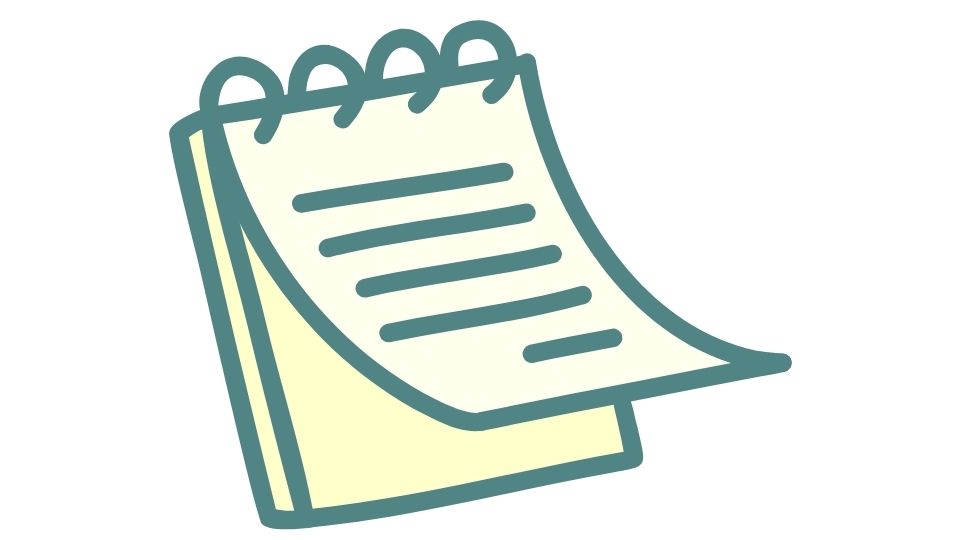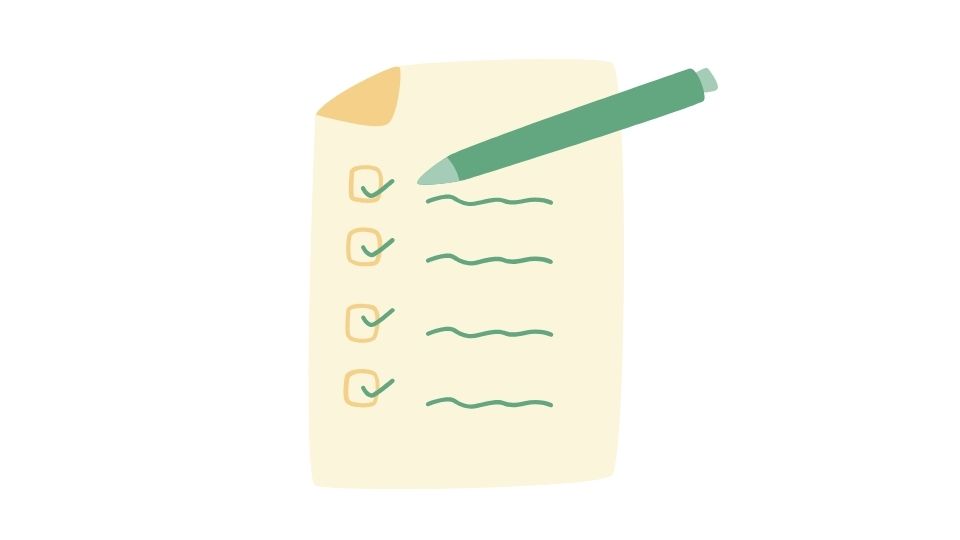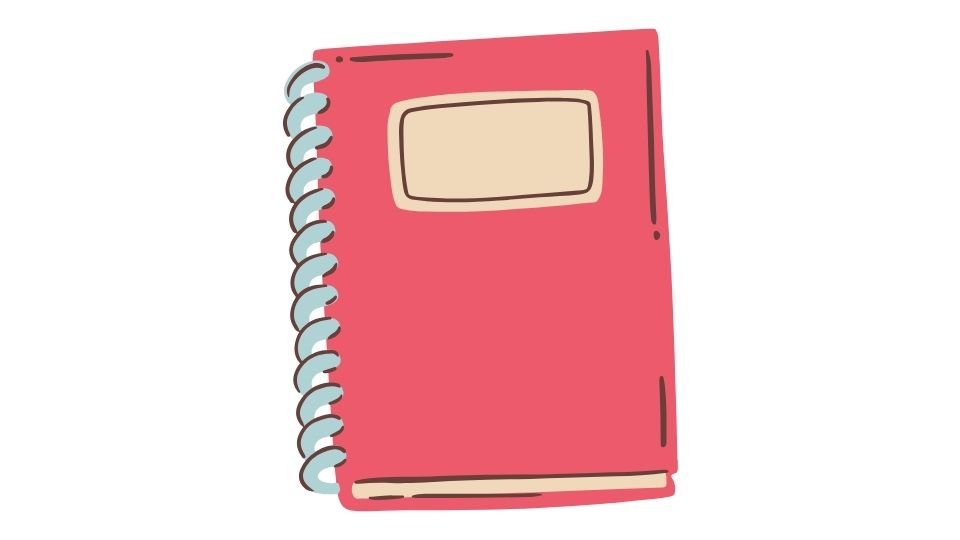The Mental Health Benefits of Journaling (Plus 5 Prompts to Start)

Ever wondered why so many therapists tell you to start journaling? Or why high-achievers like Tim Ferriss and Jennifer Aniston swear by it?
They aren’t just trying to sell fancy notebooks. There’s actually legit science behind why writing down your thoughts is so powerful for your mental health.
I used to think journaling was just for teenage girls writing “Dear Diary” entries about their crush. But after diving into the research (and trying it myself), I’ve realized it’s one of the most underrated tools for mental wellbeing.
Let’s break down why scribbling your thoughts might be the mental health hack you’ve been sleeping on.
The Surprising Mental Health Benefits of Journaling (And How to Actually Do It)
How Journaling Works: The Science Behind Why It’s So Powerful

At its core, journaling is emotional disclosure – fancy talk for getting all that mental junk out of your head and onto paper. When you write about stressful experiences, you’re basically organizing the chaos in your mind.
Think about it – how many times have you felt better after venting to a friend? Journaling gives you that same release, but you don’t have to worry about being judged or boring someone with your problems.
The magic happens when you transform those scattered emotions into structured words. Instead of thoughts bouncing around your head like a chaotic pinball machine, you get to examine them from a distance.
This process actually interrupts rumination – that annoying cycle of negative thoughts that keeps playing on repeat. When thoughts are externalized, research shows they lose some of their power over you.
Mental Health Benefits You Can Actually Expect

1. Kicks Anxiety and Depression to the Curb
This isn’t just feel-good fluff – multiple studies show that regular journaling can significantly reduce symptoms of anxiety and depression.
Some research even suggests that writing consistently can be as effective as certain forms of therapy for reducing depression risk in some populations. That’s pretty wild when you think about it – a $5 notebook potentially giving similar benefits as expensive therapy sessions (though please don’t cancel your therapist just yet!).
For anxiety sufferers, journaling helps by allowing you to confront and process anxious thoughts instead of suppressing them. And we all know that suppressing emotions is about as effective as trying to hold a beach ball underwater – eventually, it’s going to pop up with even more force.
People who journal consistently report less mental distress, with some research showing fewer depressive thoughts among college students and patients with chronic illnesses.
2. Helps You Process Emotions Without Exploding
Writing about feelings creates a safe, judgment-free zone to process emotions. It’s like having a patient friend who never interrupts or tells you to “just cheer up.”
Brain imaging studies actually show that people who journal manage their emotions better than those who don’t. Your emotional intelligence gets a serious upgrade when you regularly check in with yourself.
I’ve personally found that journaling helps me spot patterns in my emotional responses. Like, “Oh, I always get irritable after talking to that one specific person” or “I tend to stress eat when I have deadlines.” This awareness is the first step to making better choices.
3. Reduces Stress (And Actually Improves Physical Health)
Journaling lowers stress by helping you clarify what you’re actually worried about. Often, our anxiety is this vague cloud of doom rather than specific concerns we can address.
The wild part? This mental relief translates to physical benefits too. Lower stress levels from journaling are associated with lower blood pressure and improved immune function. One study found that people who wrote about traumatic experiences showed improved immune responses afterward.
Even crazier – some research shows that expressing stressful experiences in writing can help wounds heal faster. I’m not saying journaling will cure your common cold, but the mind-body connection is no joke!
4. Gives You Mental Clarity When Your Brain Feels Like Mush
Ever feel like you have 37 browser tabs open in your mind? Regular writing helps organize all those scattered thoughts.
Journaling breaks down complex feelings and problems into manageable insights. Instead of being paralyzed by worry, you start seeing potential solutions.
It’s also fantastic for setting and tracking goals, which contributes to greater motivation and sense of purpose. Nothing feels better than looking back at old entries and realizing how far you’ve come.
5. Rewires Your Inner Critic to Be Less of a Jerk
We all have that inner voice that loves to point out our flaws and shortcomings. Journaling gives you space to identify and challenge these negative thoughts.
Over time, this practice can reprogram negative self-talk into more positive, adaptive narratives. You essentially become your own therapist, questioning those harsh assumptions you make about yourself.
Writing about mental experiences without judgment cultivates acceptance – a key component of mindfulness practices that reduce psychological distress.
How to Actually Start Journaling (Without Making It Another Chore)

The benefits sound great, but how do you actually make this a habit? Here’s how to get started without making it feel like homework:
Be Honest (Nobody’s Reading This): Your journal is private – write openly without worrying about grammar, spelling, or sounding smart. The less you filter, the more benefit you’ll get.
Consistency > Length: You don’t need to write a novel. Even 5 minutes of scribbling counts. What matters is doing it regularly enough to build awareness.
Focus on Feelings: Don’t just list what happened in your day like a boring diary. Describe events that impacted your mood, how they made you feel, and why you think you reacted that way.
Use Prompts When You’re Stuck: If you’re staring at a blank page, try questions like “What am I grateful for today?” or “What’s the biggest challenge I’m facing and what might I learn from it?”
Review Past Entries Sometimes: Looking back at old journals can reveal patterns and show you how much you’ve grown. It’s like having a conversation with your past self.
Pair It With Other Healthy Habits: Journaling works best alongside good sleep, some form of movement, and maybe a mindfulness practice.
I personally keep my journal next to my bed and write for a few minutes before sleep. It helps me process the day and often leads to better rest since I’m not ruminating on problems while trying to fall asleep.
So Should You Start Journaling?

Let me put it this way – journaling is like mental floss. You might not see immediate results, but the long-term benefits are significant.
It’s free, requires no special equipment beyond pen and paper (though digital works too), and can be done anywhere.
The science is clear: regularly writing about your thoughts and feelings improves mental health, enhances emotional regulation, reduces stress, and even boosts physical wellbeing.
That said, journaling isn’t a replacement for professional help if you’re struggling with serious mental health issues. Think of it as a powerful supplement to therapy and other treatments.
So grab that empty notebook that’s been sitting on your shelf, and give your mental health the attention it deserves. Your future self will thank you for it.

